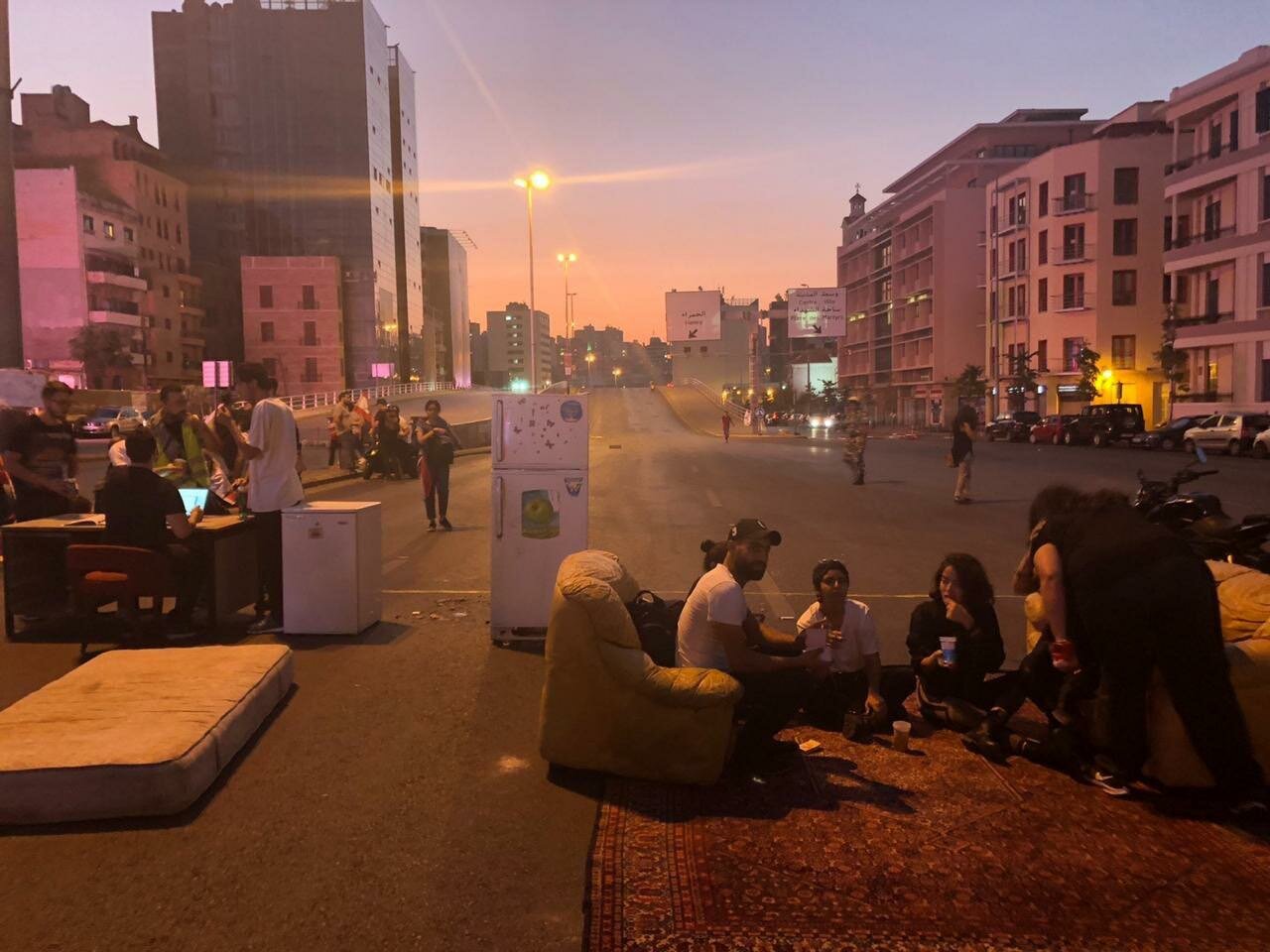As the dust begins to settle, one looks back at the responses towards COVID-19 and recognizes how void they were of any international coordination.
Never had the world been more united, yet more fragmented, than with the dawn of COVID-19. While the virus itself sees no borders, the response towards it has remarkably lacked a sense of international unity. Decades of globalization seem to have had no effect during such a time of crisis, as the response to COVID-19 has very much been on the nation-state level. Though there is no lack of international organizations to address global health crises, the root of the issue at hand lies in the absence of coordination between intergovernmental organizations (IGO), heads of states, and the general population.
Though most countries agree on the concept of “flattening the curve,” the approaches taken have differed vastly. Some nation-states were quick to adopt strict measures earlier on when the rest of the world had not yet acted. For instance, Taiwan had already implemented strict inspections on passengers arriving from Wuhan prior to the start of 2020. On the other hand, most nation-states were more reactionary, acting only when the virus had struck. Such a reactionary stance can be observed in Spain and Italy, with the latter only imposing a school shut down after the country reached 100 deaths on March 4. Other countries were even more late in their response, owing to the belittlement of the virus – specifically the United States, where the earliest lockdown measures started on March 19.
Certain nations, namely Sweden, sought entirely alternative measures by disallowing lockdowns while raising the alarm and spreading awareness on the gravity of the situation. Much of the consensus claims that Sweden’s success owes to its highly developed healthcare sector. In contrast, certain nation-states had been unable to impose regulations or adequately handle the virus due to extremely low economic and healthcare capabilities such as some countries in Africa, where ten countries do not have ventilators at all. As such, the widely differing responses indicate a strong lack of international coordination and solidarity.
Throughout the COVID-19 pandemic, the World Health Organization has been facing increasing skepticism and retaliation. This controversy dates back to December 31, when Taiwan emailed the WHO enquiring about the “at least seven atypical pneumonia cases” that had been reported in Wuhan, China – to no response. On January 14, two weeks after the email had been sent, the WHO announced that there is “no clear sign of human-to-human transmission” regarding the virus. However, the statement was later retracted on January 22, after China’s media confirmed otherwise. As such, many saw the WHO’s lack of early initiative and information as a sign of pandering to China, which had reportedly been the first to suffer from the virus. Tensions continued to rise as the outbreak spread to the west, with US President Donald Trump publicly attacking the organization for making “inaccurate” statements.
After halting funding to the WHO on April 14, President Trump ultimately terminated US ties with the organization on May 29.
With the World Health Organization under heavy fire, one must also look at the various other factors which drove nations to adopt different measures – especially clear in hindsight. Most controversially, each country seems to have its own priorities, with some valuing the economy over the human cost of the virus. This notion of prioritizing the economy can be evidently seen in Brazil, which currently faces a death toll of over 42,000 – the second-highest worldwide. While stating that he empathizes with victims of the disease, Brazil’s President Jair Bolsonaro said, “There will be more people dying… if the economy is destroyed by these lockdown measures imposed by governors.” This comes in contrast with the WHO’s call for making the containment of COVID-19 nations’ “highest priority,” causing further distance between responses. Conversely, one may look to New Zealand to see how Prime Minister Jacinda Ardern was able to implement stringent lockdown measures earlier on, despite the unemployment rate edging close to 10%. Ultimately, this played out to Mrs. Ardern’s favor, for New Zealand has been declared corona-free as of June 8.
Though nation-states differ in their economic capacity, one can still imagine a more coordinated international response capable of mitigating the damage. Upon reflection, the most essential step comes to mind first: the depoliticization of the World Health Organization. Regardless of the global economic and political disputes, the WHO must exist as an independent, unaligned entity. For starters, this could be by allowing Taiwan as a member state into the IGO – something that the WHO has not allowed due to China’s refusal to recognize Taiwan as a sovereign state. In addition, stronger channels of communication must be in place between heads of states and the organization’s directors to maintain that diplomacy is an easier option in resolving issues than terminating ties.
Another lesson learned from the global failure to deal with COVID-19 is that no international response can succeed without a pre-set crisis agenda. During times of pandemic, all entities must act fast and be prepared. The dispute and discussion over what to prioritize only holds nations back from coordinating with each other rapidly. As such, a more concrete action plan and priority list must be put in place in order for all countries to be on the same page with their response. Though it is now too late to take pre-emptive measures towards COVID-19, such a global crisis agenda is essential to minimize the risk of future failure. Nonetheless, global mutual agreement on such a matter cannot come without the previously stated depoliticization of the WHO.
Though we will not know the full consequences of COVID-19 until months – or even years – later, it is clear that the path taken was not the best-case scenario. At the end of the day, the virus itself was not responsible for fragmenting global unity; it only shed light on the pre-existent rifts: hyper-politicization and a lack of international empathy.





